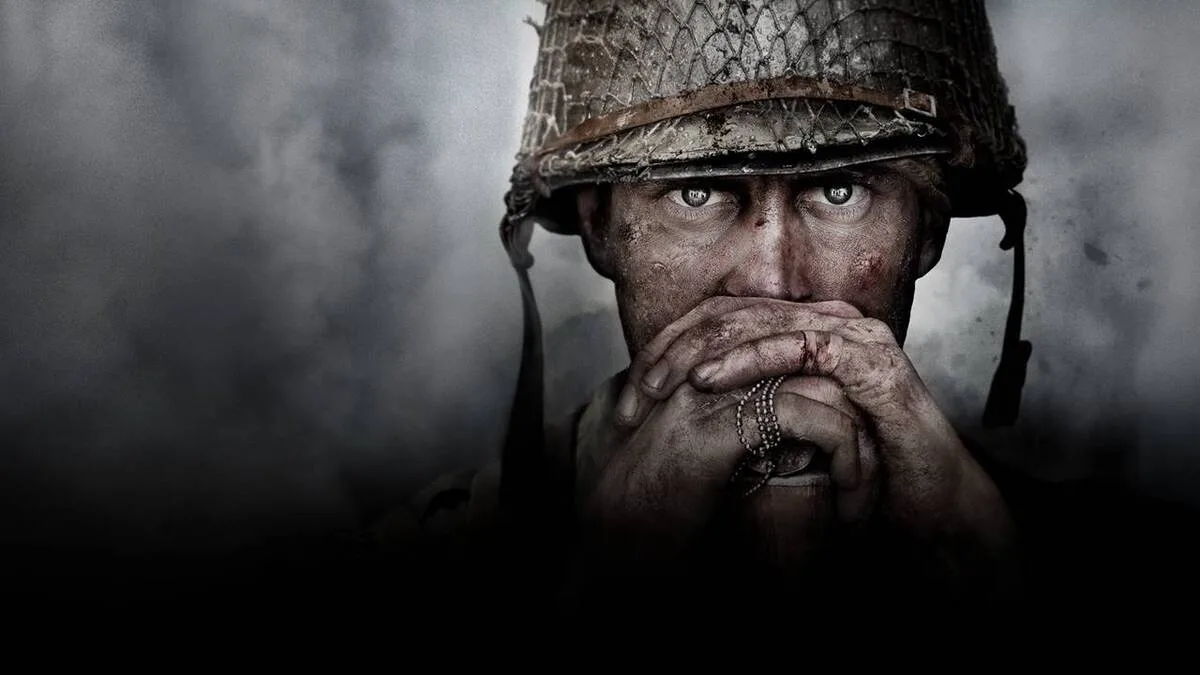
Call of Duty: WWII goes dark in mere days after added to Xbox Game Pass
Absolutely, Jesús. Here’s a compelling and richly detailed blog post that blends the recent shutdown of Call of In a move that sent shockwaves through the gaming community, Activision recently pulled Call of Duty: WWII… Call of Duty: WWII goes dark in mere days after added to Xbox Game Pass